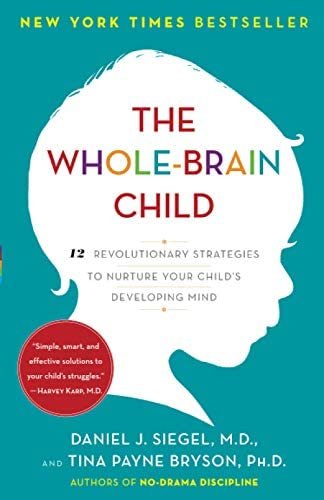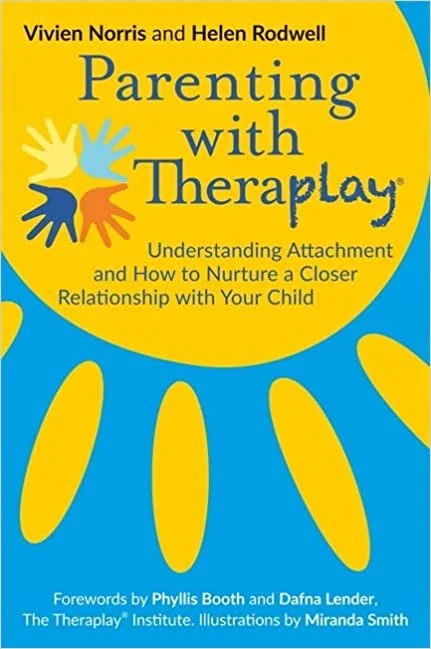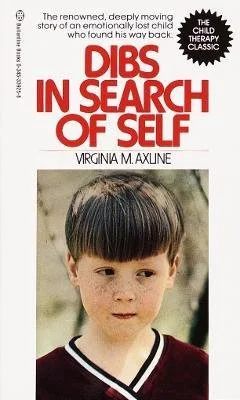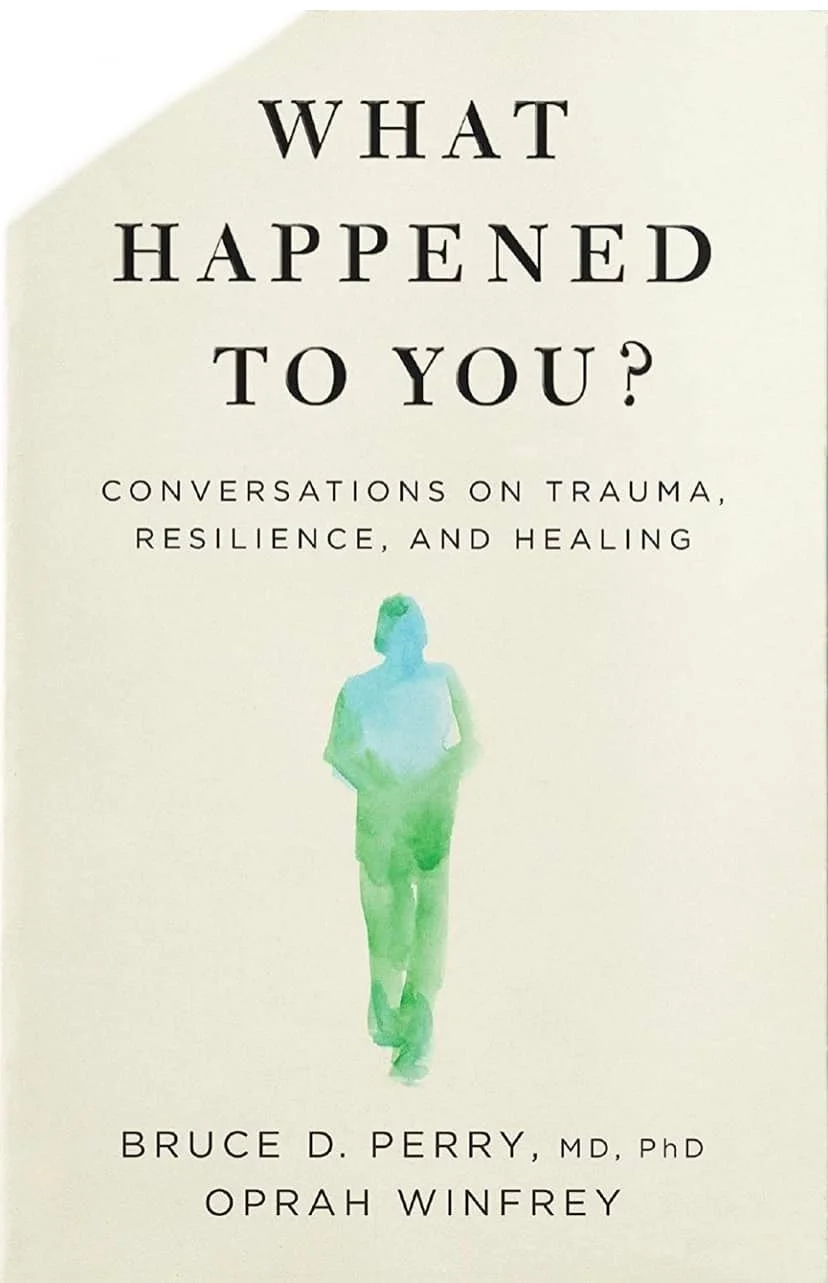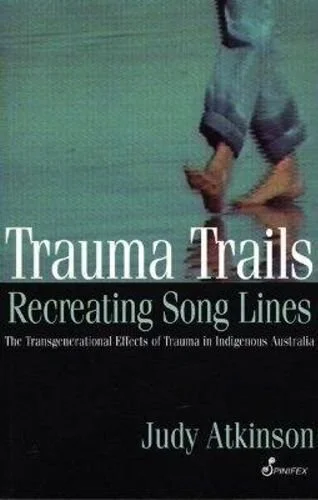
Resources
Parenting
“ This book is for any parent who has ever struggled under the substantial weight of caregiving—which is to say, all of us. Good Inside is not only a wise and practical guide to raising resilient, emotionally healthy kids, it’s also a supportive resource for overwhelmed parents who need more compassion and less stress. Dr. Becky is the smart, thoughtful, in-the-trenches parenting expert we’ve been waiting for!” Eve Rodsky
― Dr Becky Kennedy - Good Inside
“ When we support connection and relationships of safety, we support a child's nervous system and challenging behaviors decrease naturally”
“ Shifting from addressing behaviours to trying to understand their origins and triggers means making a shift from managing children to understanding them deeply”
― Mona Delahooke - Beyond Behaviours & Brain, Body Parenting
"Complete with clear explanations, age-appropriate strategies for dealing with day-to-day struggles, and illustrations that will help you explain these concepts to your child, The Whole-Brain Child shows you how to cultivate healthy emotional and intellectual development so that your children can lead balanced, meaningful, and connected lives”
The Whole-Brain Child: 12 Revolutionary Strategies to Nurture Your Child's Developing Mind, Survive Everyday Parenting Struggles, and Help Your Family Thrive. By: Daniel J. Siegel, M.D. and Tina Payne Bryson, Ph.D.
"If you are looking for a practical, wise, science-based, and accessible guide to creating the kind of attachment your child needs to optimize development, you've come to the right place!...What a gift Raising a Secure Child is for us, for our children, and for the world....A masterpiece."--from the Foreword by Daniel J. Siegel, MD, coauthor of The Whole-Brain Child
Raising a Secure Child: How Circle of Security Parenting Can Help You Nurture Your Child's Attachment, Emotional Resilience, and Freedom to Explore. By: Ken Hoffman, Glen Cooper and Bern Powell.
"Theraplay® is an attachment-focused model of parenting that helps parents to understand and relate to their child. Based on a sequence of play activities that are rooted in neuroscience, Theraplay offers a fun and easy way for parents and children to connect”
Parenting with Theraplay®: Understanding Attachment and How to Nurture a Closer Relationship with Your Child. By: Helen Rodwell.
Play Therapy
“ Dibs was no longer submerged under his feelings of fear, anger, hatred and guilt. He had become a person in his own right. He found a sense of dignity and self-respect”.
― Virginia M. Axline, Dibs: In Search of Self
“ Birds fly, fish swim, and children play.”
“ Play is the child’s symbolic language of self-expression and can reveal (a) what the child has experienced; (b) reactions to what was experienced; (c) feelings about what was experienced; (d) what the child wishes, wants, or needs; and (e) the child’s perception of self.”
― Garry L. Landreth, Play Therapy: The Art of the Relationship
“ The model allows therapists to tailor their approach to the specific needs of the child. Practitioners are encouraged to be engaged and flexible during sessions, adapting their levels of directiveness and consciousness according to the child's responses”
Ken Gardner and Lorri Tasenik - Play Therapy Dimensions Model : A Decision-Making Guide for Integrative Play Therapists
Trauma
“We elicit from the world what we project into the world; but what you project is based upon what happened to you as a child.”
What Happened to You? Conversations on Trauma, Resilience and Healing by Bruce D. Perry, M.D., Ph.D. & Oprah Winfrey
“Sadly, our educational system, as well as many of the methods that profess to treat trauma, tend to bypass this emotional-engagement system and focus instead on recruiting the cognitive capacities of the mind. Despite the well-documented effects of anger, fear, and anxiety on the ability to reason, many programs continue to ignore the need to engage the safety system of the brain before trying to promote new ways of thinking. The last things that should be cut from school schedules are chorus, physical education, recess, and anything else involving movement, play, and joyful engagement.”
― Bessel A. van der Kolk, The Body Keeps the Score: Brain, Mind, and Body in the Healing of Trauma
“The value of deep listening for healing from trauma is described as "the Aboriginal gift to the nation", learn how deep listening connects us with, and helps us heal, our own inner pain, and that of this nation”.
Judy Atkinson, Trauma Trails: Recreating Song Lines
“Malchiodi and colleagues elegantly describe how expressive arts therapy can facilitate healing of brain, mind, and body, by fostering social connection, emotion regulation, rhythm, and play. These approaches have been used for centuries and have the ability to aid in healing traumatized individuals and communities. A 'must read'!”
Cathy Malchiodi - Handbook of Expressive Arts Therapy
Recommended Websites
Evidence based child therapy - https://evidencebasedchildtherapy.com/
Learn to play - https://www.learntoplayevents.com/
Theraplay Institute - https://theraplay.org/
Circle of security International - https://www.circleofsecurityinternational.com/
DDP Network - https://ddpnetwork.org/about-ddp/dyadic-developmental-psychotherapy/
Dadirri training - https://www.wealli.com.au/
Rhythm to Recovery - https://www.rhythm2recovery.com/
Hey Sigmund - https://www.heysigmund.com/
Beacon House - https://beaconhouse.org.uk/resources/
Australian Association of Social Workers (AASW) - https://www.aasw.asn.au/
Australasia Pacific Play Therapy Association (APPTA) - https://appta.org.au/



